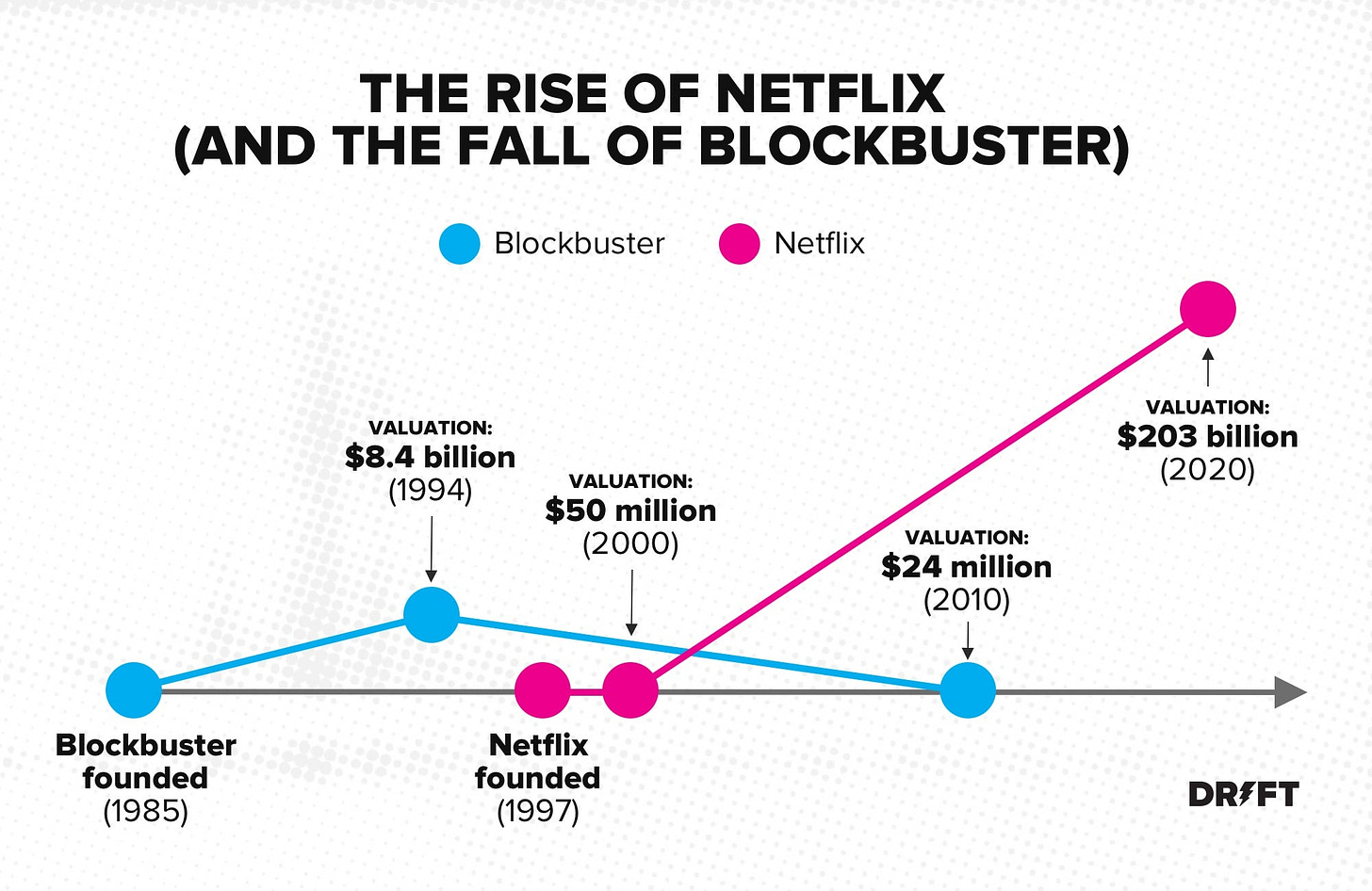"Most of the organizations that have been celebrated for their innovation have built their success on a foundation of rigorous and disciplined management of fundamentals."
(Harvard Business Review)
This idea has been in my head for quite some time…
If I look back at my professional career there is not one single supervisor I worked for or enterprise leader I've been under that did not felt the need to emphasize, at moments with a serious sense of urgency, the importance of GETTING THE BASICS RIGHT!
These are some of the expressions that made me company during my career:
Get the basics right
Back to basics
The basics are everything
Focus on the basics and results will follow
The basics first
Master the fundamentals
Be great at the basics
So, my simple mind tells me… if the basics were “just that,” the basics, why so many reminders and reinforcements of their importance are needed?
Mastering the basics: the hidden challenge
While it might seem like a no-brainer, nailing down the basics is often tougher than it looks at first glance. While venturing into innovative territory is exhilarating, nothing beats having a solid grasp on the fundamentals. Yet, this can be overwhelming due to the consistent effort and focus it demands.
Mastery of the basics doesn't come without its fair share of challenges. It calls for solid discipline and unwavering attention. The temptation of fresh ideas and exciting prospects can easily divert attention, but disregarding the basics is a common cause of problems in the short term and downfall in the long run.
Entrepreneur and tech investor Marc Andreessen wisely noted, "The companies that succeed are the ones that focus relentlessly on the fundamentals." This pinpoint focus on the building blocks is what sets the achievers apart.
Another hurdle teams encounter when striving for basic mastery is the difficulty of quantifying progress and success. Unlike innovative leaps, mastering the essentials is more like going over the book of work. While flashy innovations often yield quick and visible results, true proficiency in the basics requires a nuanced comprehension of how various facets of a business interact. It's this intricate understanding that lays the foundation for sustainable long-term growth.
In the realm of excellence, mastering the basics is the golden key. It's the bedrock upon which achievements stand, providing the stability needed to thrive and build on.
A case study: The Blockbuster fall
Blockbuster was the once-dominant video rental chain that failed to adapt to the rise of streaming video and ultimately went bankrupt in 2010.
I would like to look at this case not through the lenses of the failure to innovate, but of the failure of mastering the fundamentals.
Blockbuster had a massive customer base, impressive brand equity and recognition. Their job was to make an effective business of the rental of movies by customers who should feel happy to rent from them and not from anybody else. Effective movie rental and great customer experience were at the core of their business model (or should have always been).
What were then “the basics” for Blockbuster? In simple terms, anything that would strengthen their core business model, plain and simple.
However, Blockbuster failed to invest in what in retrospect should have been seen as part of “the basics” for the new era: online distribution and a subscription-based model. To make things worse, they didn’t even need to come up with the idea or infrastructure, because in 2000 Netflix executives went to them to offer the company in exchange of 50 Million USD. The story in books says that Blockbuster executives “struggled not to laugh at them” and rejected the offer.
The rest is history…
One concrete example of how Blockbuster missed getting the basics right was forgetting that the source of profit should be connected to what your customers value. Blockbuster's profit relied too much and for too long on something their customers did not appreciate, at all: late fees.
A significant portion of the revenue that Blockbuster needed to stay in business was a revenue stream (late fee) that Netflix didn't even charge for, you could keep their movies as long as you wanted. This was a fundamental change at the core of addressing an important dislike customers had.
Netflix started with their mail-order video rental service, thus invested in the warehouses-and-distribution model that didn’t need late fees, while creating what would then be the future customer experience - online streaming!
For the purpose of this post, I want to insist with the idea that at the core they failed on the fundamentals and not necessarily at delivering breakthrough innovation by changing their model to online streaming. That came later as part of the Netflix offering, initially it was just about mailing movies which would have complemented the store rental of films. But they left their customers behind and as a consequence their company was left behind by Netflix as a competitor.
In the end Netflix simply focused on improving the fundamentals to do the only job the customers wanted to be done: the delivery of the most reliable and convenient movie rental service.
We could probably argue back and forth what is ‘fundamental’ and what is ‘innovation’, a chicken-egg-chicken type of argument. But today I prefer to insist on the crucial importance of understanding what your core business is, so you can execute relentlessly to strengthen the fundamentals; which as a result will yield new ideas, new offerings, but once again, not necessarily as the result of trying to disrupt your business or enter new segments; but because you never forgot who your customer is and what problem you were trying to solve for them in the first placer.
Iteration on the basics will result on serial innovation at the core
Blockbuster case lessons
Don’t confuse your revenue model with your core service.
Never forget what the customers want and need from you. The late-fee model to drive revenue became more important than the customer experience.
Strengthen your core, and do it fast.
Blockbuster later on realized that Netflix was the future and tried to incorporate similar services to adapt. It never worked, it was too late.
Change is critical in order to be stable
Not realizing that change is inevitable and that if you want to be stable, the best way to achieve it is to always be on the look out for new ways to strengthen the core that defines your value.
Solid, Focused and Consistent
In conclusion, while innovation at the edges of your core competencies is important to help understand where disruption could come from; as well as helping reimagine every step of the customer journey is needed for an organization to grow and endure the test of time; it's an imperative to be solid, focused and consistent at the fundamentals first and foremost. More often than not, that is what makes or breaks.
But forget about a company and think about you in your job, you in your life, with your partner, your family. What do you think will most likely determine success? The shiny moments or a consistent pace?
Being rock solid, not easily distracted and consistently effective at what is expected of you is most important.
Lastly, here a few questions that come to mind that never hurt to ask in a periodic basis to make sure you are not losing track of Getting the Basics right…
Am I clear on what the core values, basic agreements and ways of working are? Do I live and embrace them?
Am I consistently meeting my objectives or do I slip often?
Do I prioritize the right areas systematically or do I get distracted easily even if I think I am working on new great ideas?
Am I making progress towards my goals in a consistent and measurable way? Can I measure it? Can I tell a story connecting the dots and speaking of value added versus tasks completed?
Do I manage time well? Do I have the time to identify and address potential areas of development, risk and opportunity?
By asking these questions and taking a critical look at your approach to getting the basics right, you can help ensure your projects / team / life are built on a solid foundation to support long-term growth.
If you can’t get the basics right, it doesn’t matter how brilliant your strategy or new ideas are!
P.S. Before I go, here you have “The Treat,” where I share some of the music that kept me company while writing … Enjoy as you bid farewell to this post
“Lead yourself, Learn to live. Lead others, Learn to Build.”
If you enjoyed reading this post consider subscribing to the newsletter, joining the community and sharing your thoughts.










Thank you Minodora for your engagement and reflection on this post! It helps me think too
Great post Sebastian! It's an important reminder that no matter what we do in business or personal we should never forget what's most important: the basics... get it right and all will workout in the end. Get it wrong and it will crumble eventually. No doubt great ideas, innovation, thinking outside the box are very important but taking breaks and evaluating where do we stand compared with the basic is essential as well. People are busy, they have deadlines, priorities and if you stop someone for a second to ask why they do a particular thing ot what value it adds to their lives they may not be able to give an answer...they forgot the basics amidst the noise...same for businesses...we know businesses are here to make money but as the Blockbuster example showed, if you forget your basics, which is the customer who pays for the service, you are in big trouble.